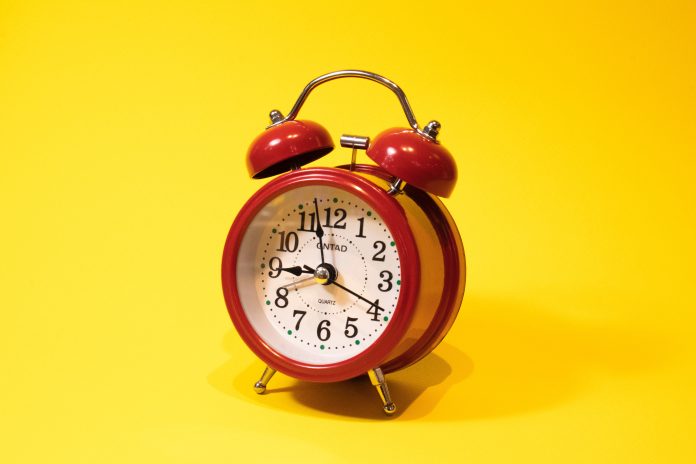The daylight savings time change aims to enhance our lives by simply adding more sunlight in our day. However, as many of us have likely experienced, this one-hour shift can truly impact us both mentally and physically.
We all live with a circadian rhythm or ‘internal clock’ that helps us get up in the morning and fall asleep at night. It is dependent on the exposure of light in our environment. This clock of ours likewise impacts our mood, energy levels, mental illness, and regulation of our digestive and hormonal systems.
So… if you are feeling restless, sad, or tired with the loss of time, remember that this is a completely normal response as our internal clock is adjusting for the change.
Here are some things you can do to adapt as we ‘spring’ forward in time:
Sleep Soundly: We need between seven to nine hours of restful sleep a day. To help reach this amount, turn off screens before bed, wake up and go to bed at the same time, and considering taking a short nap as needed as long as it does not interfere with your nightly ZZZs. Establish a routine that works for you!
Physical Activity: Adding movement of at least 30 minutes a day can help manage stress and boost mood. Take a walk around your neighborhood, join a community exercise class, or explore with a hike. Remember, the movement you seek should not be something you force, but something you enjoy!
Routine: Keeping ourselves in check with our regular daily activities is important. It can promote a sense of organization and accomplishment, which in turn can support stress management. Perhaps some of these self-care tips can be incorporated into your daily routine.
Involvement: Say hi, smile, and connect with others to foster your social relationships. Spending time with those in your community can provide a sense of belonging and natural support. Connect with those that lift you up and bring positive energy to your day!
Nourishment: Our gut health is important. A balanced diet can fuel our body and reduce symptoms associated with poor mental health. Have a plan to incorporate nutritious, wholesome foods alongside those that you truly enjoy. It is all about balance!
Giving Back: People who are kind, generous, and compassionate see clear benefits to their wellbeing and happiness. Lend a helping hand by running errands, shoveling the driveway of a neighbour, or volunteering with a local organization. Give back in a meaningful way that resonates with you.
Our internal clocks are all different, but you can make a plan that allows you to jive and thrive with change!










